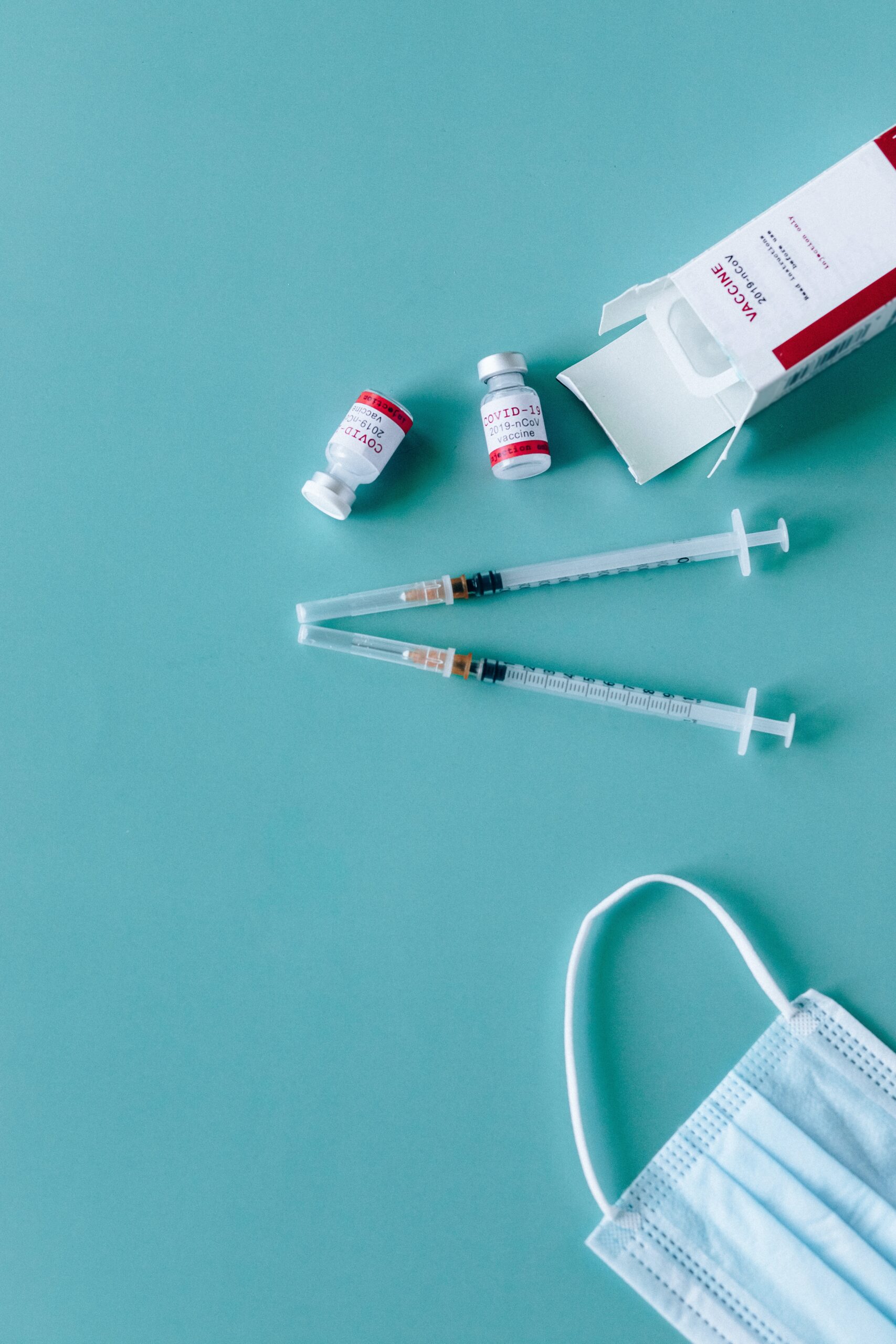
The United States, with geographically and institutionally disparate responses, continues to struggle with the COVID-19 pandemic. Despite these difficulties, the winter months of 2020 brought good news. Multiple vaccines cleared clinical trials and state governments began administering them to essential workers and vulnerable populations. Some public health officials estimate that vaccines will be available to most Americans by the end of the summer this year. While vaccine dissemination is welcome news, core WaSH Cluster members Drs. Ayse Ercumen (Dept. of Forestry and Environmental Resources) and Raymond Guiteras (Dept. of Agricultural and Resource Economics) partnered with Dr. Dean Spears (Dept of Economics at University Texas Austin) to outline why we need to maintain a high level of caution in their recent commentary published in EClinicalMedicine.
The researchers point to the Lucas Critique, an argument written in 1976 by Nobel Prize winning economics Professor Robert Lucas. He writes that policy drives behaviors. As policy changes, we cannot expect the same behaviors and results. “The Lucas Critique is a concept that’s taught in intermediate or advanced macroeconomics, and it tends to stay there,” explained Guiteras. “That’s unfortunate because it’s a truly profound idea and has applications not only more broadly in economics outside of macro, but in entirely different fields like epidemiology.” Borrowing from the Lucas Critique, the team emphasizes that care needs to go into designing policies as governments roll out the vaccine to the greater population. Local, state and federal institutions may be tempted to relax COVID-19 prevention measures as more people receive the vaccine but the authors warn that this decision may negate some of the protective benefits the vaccine provides.
Drs. Ercumen, Guiteras and Spears note that a key consideration is whether or not the vaccines provide sterilizing immunity. The distributed vaccines show that vaccinated people are less likely to succumb to illness by COVID-19. It is not yet proven if the new vaccines confer sterilizing immunity which prevents infection and transmission. Without this critical level of protection, vaccinated people engaging in riskier behavior could endanger unvaccinated populations. The authors encourage low-cost preventative measures like masking and distancing to continue and emphasize that vaccines should be viewed as an additional layer of protection.
Photo Credit: Nataliya Vaitkevich